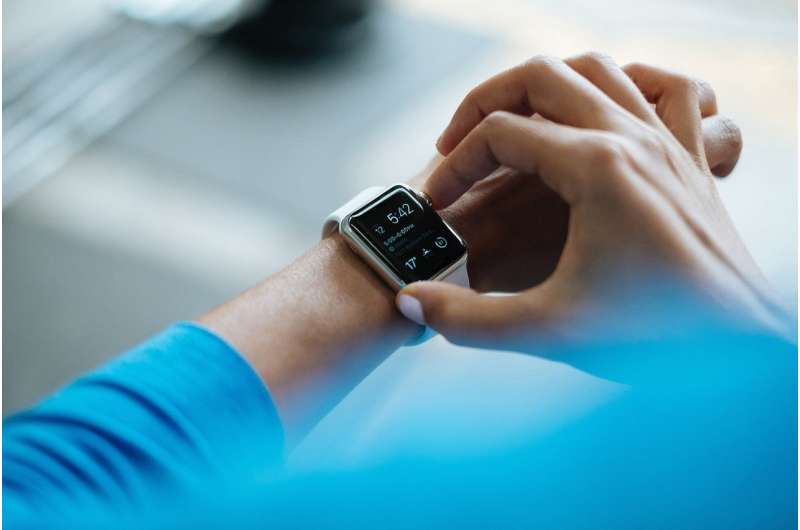
New research in the journal Management Science finds that people can achieve long-term health goals and establish healthy habits when coupling wearable health devices such as Fitbits with economic incentives.
“Economic incentives alone are a promising approach for improving health behavior, but the incentives don’t last forever, so neither do the health benefits. When the incentives stop, so do the people trying to reach their goals,” says Idris Adjerid from Virginia Tech.
“We focus on a ‘gain-loss’ incentive that offers both an economic reward for reaching a goal and a penalty for failing to meet a goal, all while utilizing a wearable health device.”
The study, “Gain-Loss Incentives and Physical Activity: The Role of Choice and Wearable Health Tools,” conducted by Adjerid alongside George Loewenstein of Carnegie Mellon University and Rachael Purta and Aaron Striegel of the University of Notre Dame, looked at individuals wearing Fitbits and how their health behavior changed. They found that gain-loss incentives can drive increases in physical activity, but they are limited by the element of choice.
“We find modest and short-lived increases in physical activity for those provided the choice of utilizing gain-loss incentives,” says Loewenstein, a professor of social and decision sciences in the Dietrich College of Humanities and Social Sciences at CMU.
“Those who benefit most from these incentives are people who don’t opt into them voluntar[il]y. When people are assigned to it, we find significant and persistent increases in physical activity. These individuals recorded about 2,000 additional steps daily during the incentive period, and benefits lasted for six months after incentives ended.”
The researchers say the persistent gains to this group were driven by individuals who also utilized the wearable device’s goal-setting tool.
Source: Read Full Article
